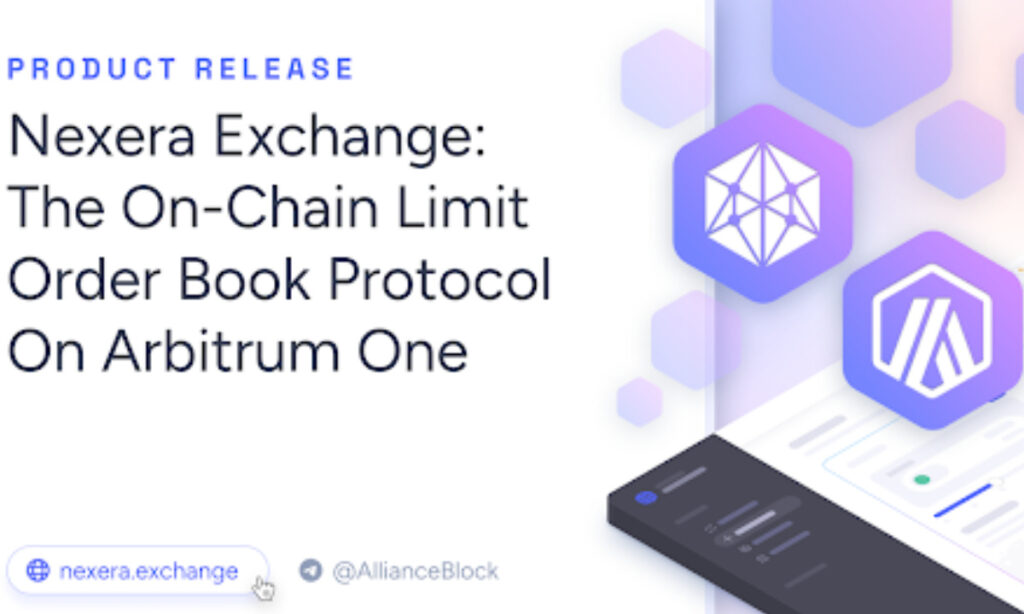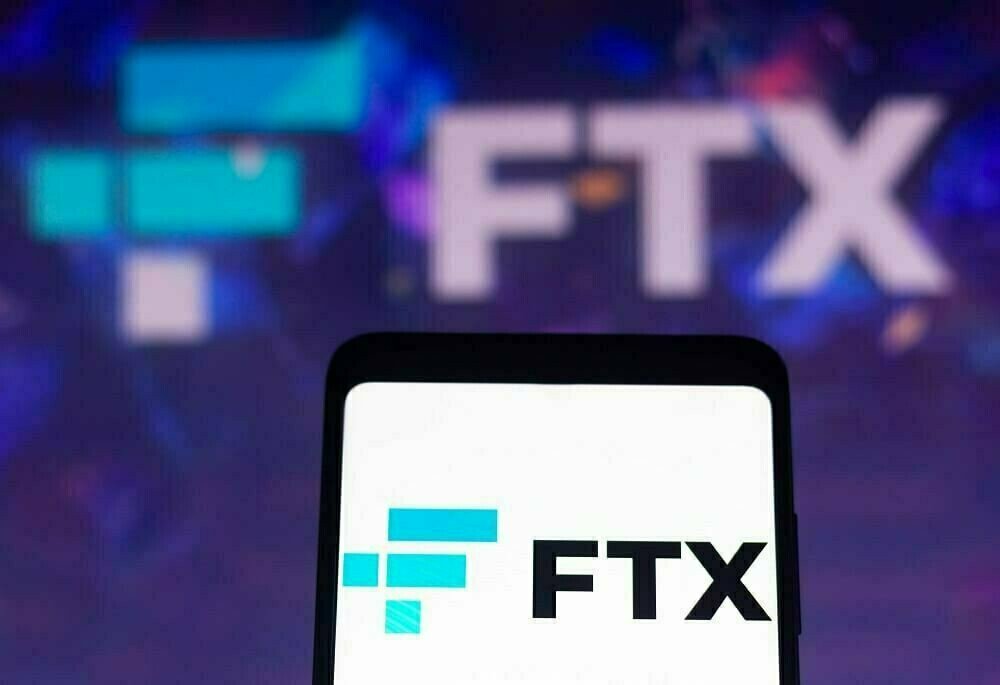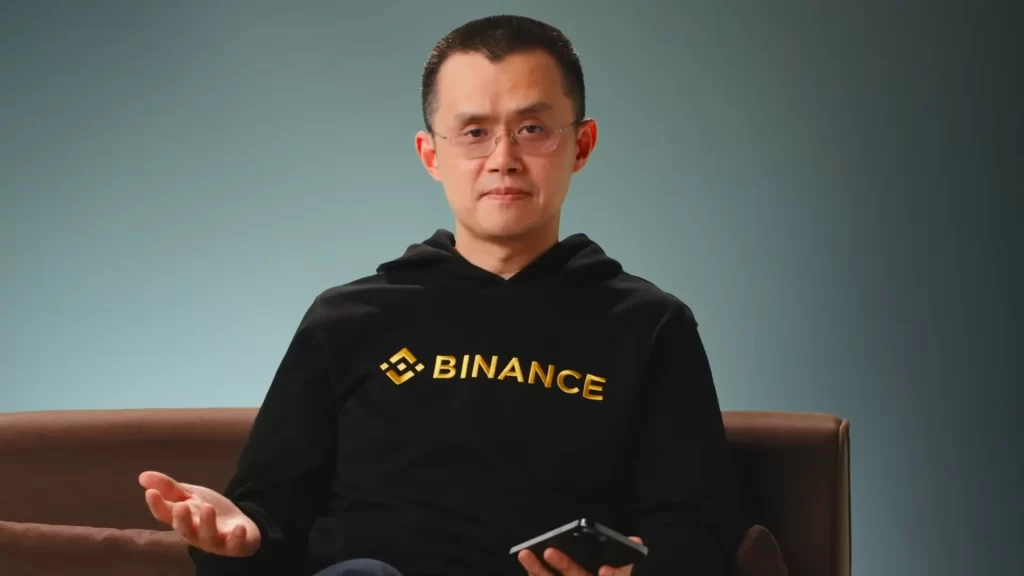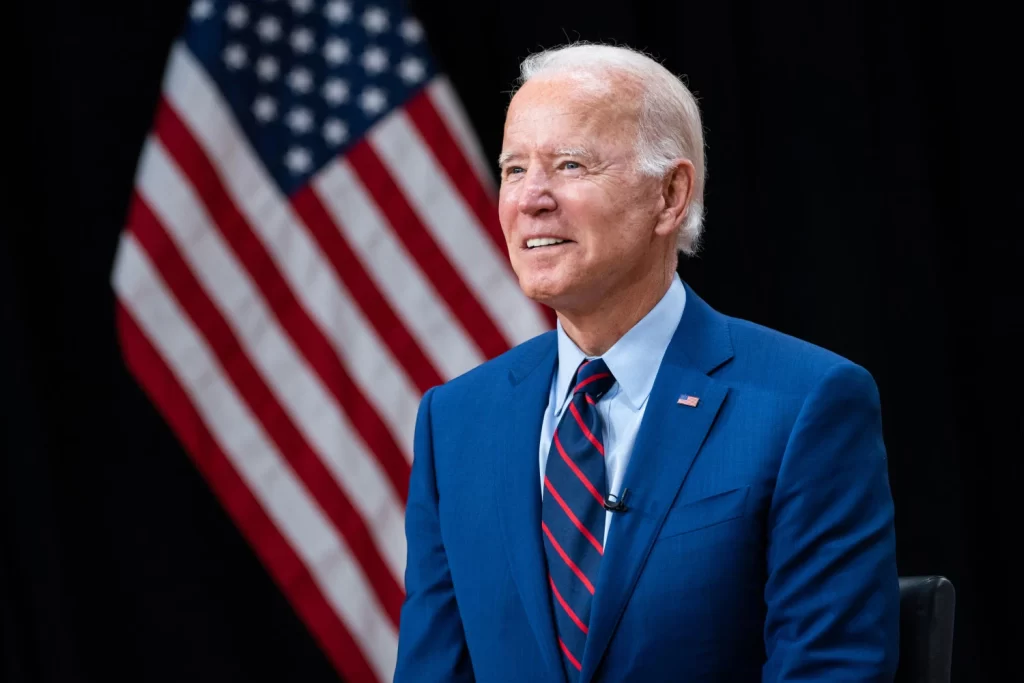Utrecht, Netherlands, August 15th, 2023, Chainwire
AllianceBlock today unveiled Nexera Exchange, an innovative new decentralized exchange platform incorporating an advanced on-chain order book protocol to provide deeper and more accessible liquidity across a diverse range of cryptocurrencies and tokenized assets.
Nexera Exchange builds on last year’s launch of AllianceBlock DEX, which harnesses the power of a cutting-edge Automated Market Maker to minimize the risk of impermanent loss for liquidity providers. Designed to meet the demand for a more streamlined user interface and optimized liquidity mechanisms, Nexera Exchange acts as an intermediary layer, making AllianceBlock DEX more efficient and user-friendly.
DEX platforms have vast potential but struggle with challenges around the user experience and operational fluidity, in contrast to the highly efficient experience of centralized exchanges. By leveraging an innovative on-chain order book protocol, Nexera Exchange bridges this gap, providing a decentralized trading experience that rivals the very best CEX platforms while amplifying the core strengths of AllianceBlock DEX.
Enhanced DEX Liquidity With Uniswap
Nexera Exchange’s integration with the Uniswap protocol allows it to leverage the rich liquidity of Uniswap V3 and execute limit orders seamlessly while ensuring the best possible price. Ultimately, Nexera Exchange intends to become an on-chain limit order book aggregator that facilitates efficient liquidity access from across multiple DEXs to deliver the most optimal decentralized trading experience. The integration with Uniswap allows users to place market orders and gain deeper insight into available liquidity at various price points for trading pairs.
In its next phase, Nexera Exchange will add the ability to execute limit orders. By leveraging its limit,on-chain order book, limit orders will be securely stored on chain, with the protocol determining the optimal match from either the order book itself or Uniswap V3’s liquidity pool. By transitioning from market orders to limit orders, users gain heightened control and deeper price insights, creating a more efficient trading environment.
A key element of this transformation will be the addition of a stability staking pool to incentivize traders to actively participate in the platform. Users will be able to stake their NXRA tokens and earn a portion of the trading fees from Nexera Exchange on a continuous basis, creating a mutually beneficial environment for all participants. The integration of NXRA as an incentivization tool will improve the overall experience for Nexera Exchange users while augmenting the platform’s growth and liquidity, and providing additional utility for the token itself.
Advanced DeFi Primitives
Traders will also gain access to an array of new DeFi primitives in a forthcoming release that combine to deliver an enriched toolkit for advanced DeFi trading strategies.
The new primitives include Staking-Enabled On-Chain Order books, a novel approach wherein users can stake their orders on the blockchain to provide liquidity to the protocol, distinct from the standard liquidity provision model. Other innovations include Order-Triggering Matching to eliminate the continuous hustle of order matching; Yield-Optimized Staked Orders to generate passive yield; and Dynamic Range Order Book Provision to ensure optimal order execution and capital utilization.
Building A Secure & Compliant DEX Experience
Nexera Exchange’s transformation will gradually redefine the DEX trading experience to support the concept of tokenized asset trading, enabling real-world assets (RWAs) to be traded with the same ease as digital tokens. The evolution of Nexera Exchange is designed to establish a fully transparent and compliant platform that’s trusted by traders and investors alike while aligning with regulatory standards.
In the coming months, Nexera Exchange will introduce critical functionality including decentralized KYC/AML procedures and gated liquidity pools to verify users and enhance security, together with zero-knowledge proofs for users to comply with KYC without revealing their personal information. The platform will also introduce Fractionalized NFT Representation technology to support the tokenization of RWAs, followed by unique yield-generating DeFi strategies for users to provide liquidity for RWA fractions. Finally, Nexera Exchange will implement high-level security mechanisms such as multi-factor authentication, advanced cold storage and consistent security audits.
With Nexera Exchange, AllianceBlock’s goal is to entice financial institutions and institutional traders to enter the DeFi industry with measures that minimize risk and achieve the highest standards of compliance for the safe and secure trading of tokenized assets.
About AllianceBlock
AllianceBlock is an infrastructure provider for decentralized tokenized markets. It empowers businesses with liquidity provisioning, and allows them to compliantly issue, manage, and trade tokenized, digital assets including real world assets (RWAs).
The AllianceBlock ecosystem of partners, clients, and ventures consists of top stakeholders from the financial industry, as well as the decentralized finance (DeFi) sector. Their unique product suite complies with global regulations and seamlessly integrates with legacy systems.
Contact
Avishay Litani
avishay@marketacross.com










